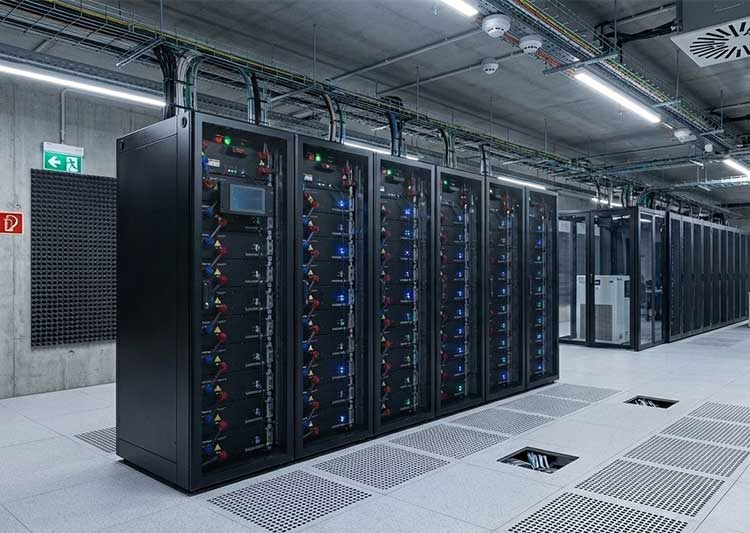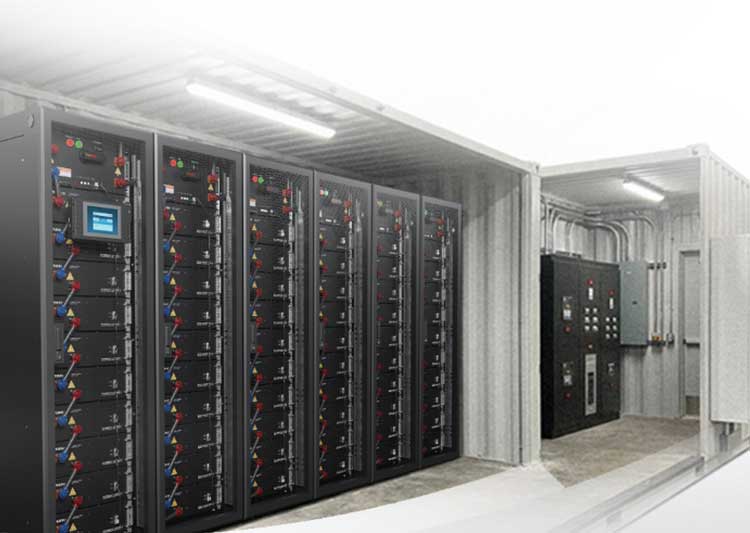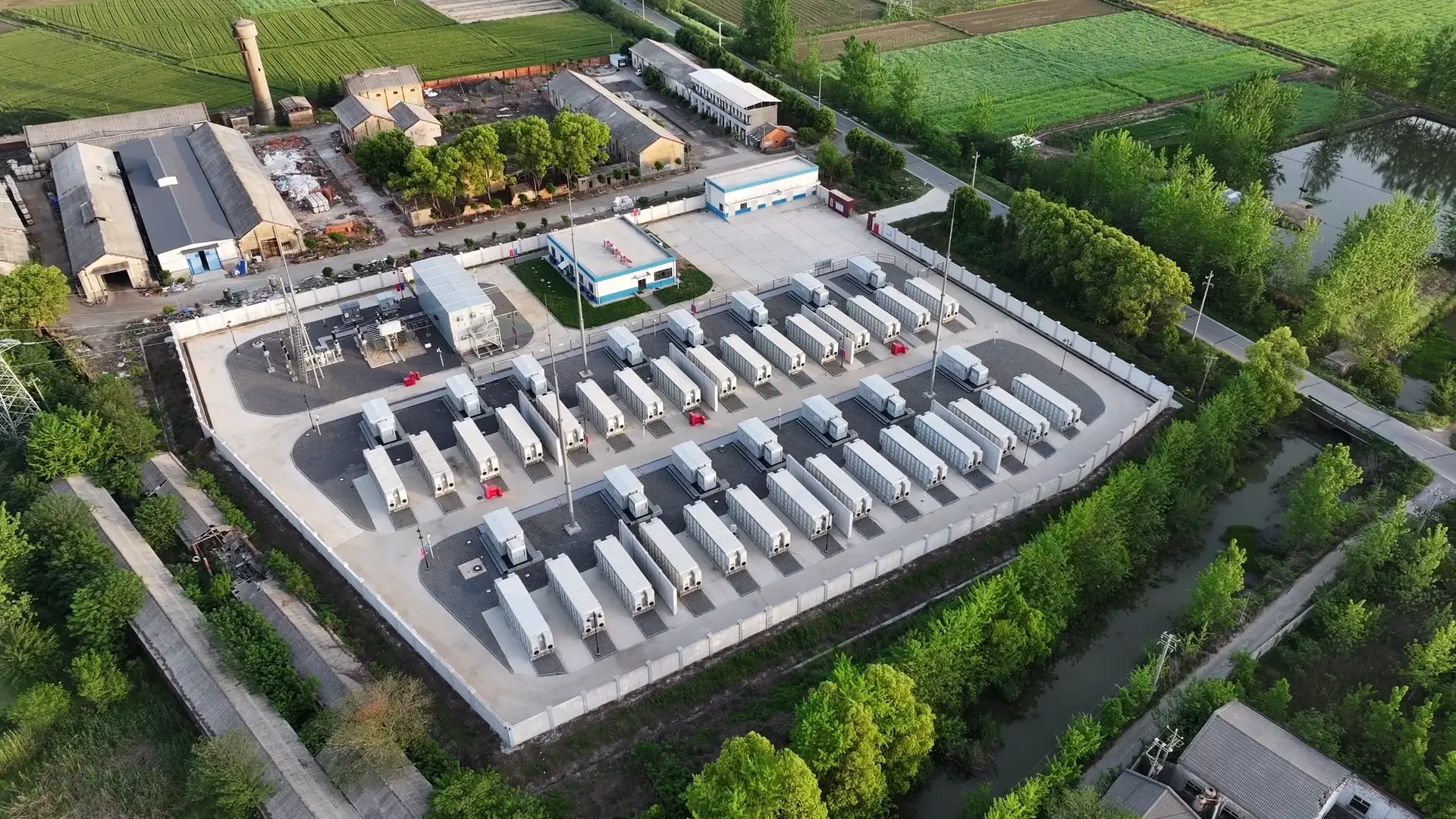What is a UPS Battery?
A UPS battery is a key component of an uninterruptible power supply system. This system is designed to provide emergency power to electronic devices or systems when the main power source fails. A UPS battery ensures that essential devices, such as computers, servers, medical equipment, and communication systems, remain operational even during power outages.
In simpler terms, A UPS battery provides backup power during outages, enabling safe equipment shutdown, preventing data loss, and keeping systems running until power is restored. Unlike standard batteries, UPS batteries are integrated into a complete system with other components like an inverter and controller, which help convert the stored energy from the battery into usable electricity for your devices.
How Does a UPS Battery Work?
Understanding how a UPS battery functions requires a basic understanding of the overall UPS system. A typical UPS system works in the following way:
1. Normal Power Supply:
In normal conditions, the UPS battery remains in a standby state, continuously charging from the main power grid. The inverter inside the UPS keeps the battery charged and ready for use, ensuring that the stored energy is available at any time.
2. Power Outage or Interruptions:
When the primary power source fails, whether due to an outage or a voltage fluctuation, the UPS system quickly switches to battery power. This happens almost instantly, ensuring that there is no interruption in the power supply to the connected devices.
3. Battery Power:
The UPS battery begins to discharge and provide power to the devices connected to the system. Depending on the UPS model, the battery can supply power for a short duration, from a few minutes to several hours. This gives users enough time to save data and shut down systems properly before the battery runs out.
The inverter in a UPS system plays a critical role in converting the direct current (DC) stored in the battery into alternating current (AC), which is what most electronic devices need. Without the inverter, the UPS battery’s DC power would be unusable by your devices.
Types of UPS Batteries
There are different types of UPS batteries, each offering unique advantages depending on the power needs of the user. The two most common types are lead-acid and lithium-ion UPS battery, and here is a table for lead-acid vs lithium UPS battery comparison:
|
|
Pros |
Cons |
|
Lead-Acid UPS Battery |
● Affordable ● Widely available ● Long history of reliable performance |
● Heavier ● Shorter lifespan (typically 3-5 years) ● Require more maintenance |
|
Lithium-Ion UPS Battery |
● Lighter ● Longer lifespan (up to 10 years or more) ● More energy-efficient ● Require less maintenance |
● More expensive upfront |
Choosing the Right UPS Battery for Your Business
When selecting a UPS battery for your business, consider the following factors:
● Power Requirements: For example, if you run a data center, you need to determine how much power your equipment consumes and select a reliable UPS battery for data centers that can handle the load effectively.
● Backup Duration: Choose a UPS with an appropriate runtime, depending on the criticality of the devices you need to keep running.
● Battery Type: Depending on your budget and performance needs, decide between lead-acid or lithium-ion batteries.
Conclusion
A UPS battery is important for any business that needs constant power. It provides backup power, protects sensitive equipment, and prevents data loss. This helps businesses keep running smoothly during power outages. Whether you choose a lead-acid or lithium-ion UPS battery, make sure to pick the right UPS system for your needs. Don’t wait for a power outage to disrupt your business. Invest in a reliable UPS battery today and keep your operations running without interruption.
Ready to safeguard your business with reliable UPS batteries? Contact us today to explore the best UPS solutions for your power needs.




























 2025-08-05
2025-08-05 Name
Name Tel
Tel Email
Email Country
Country Company
Company Information
Information